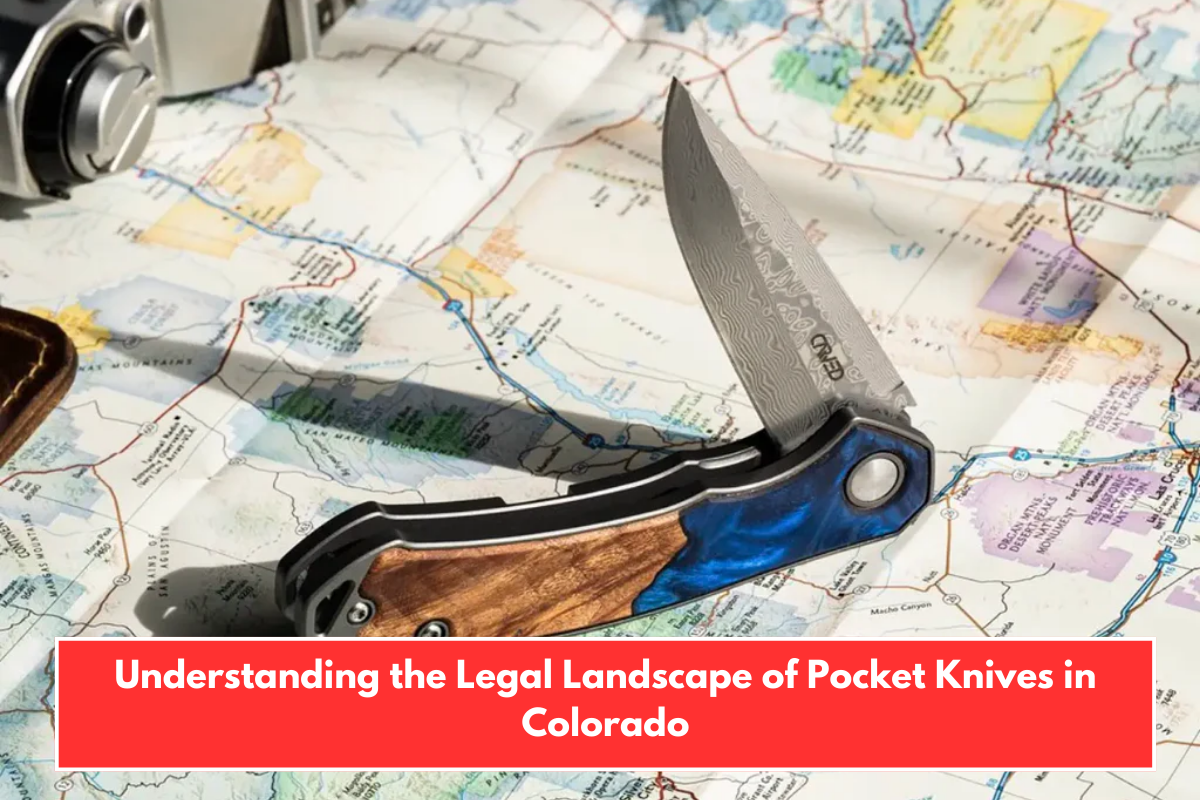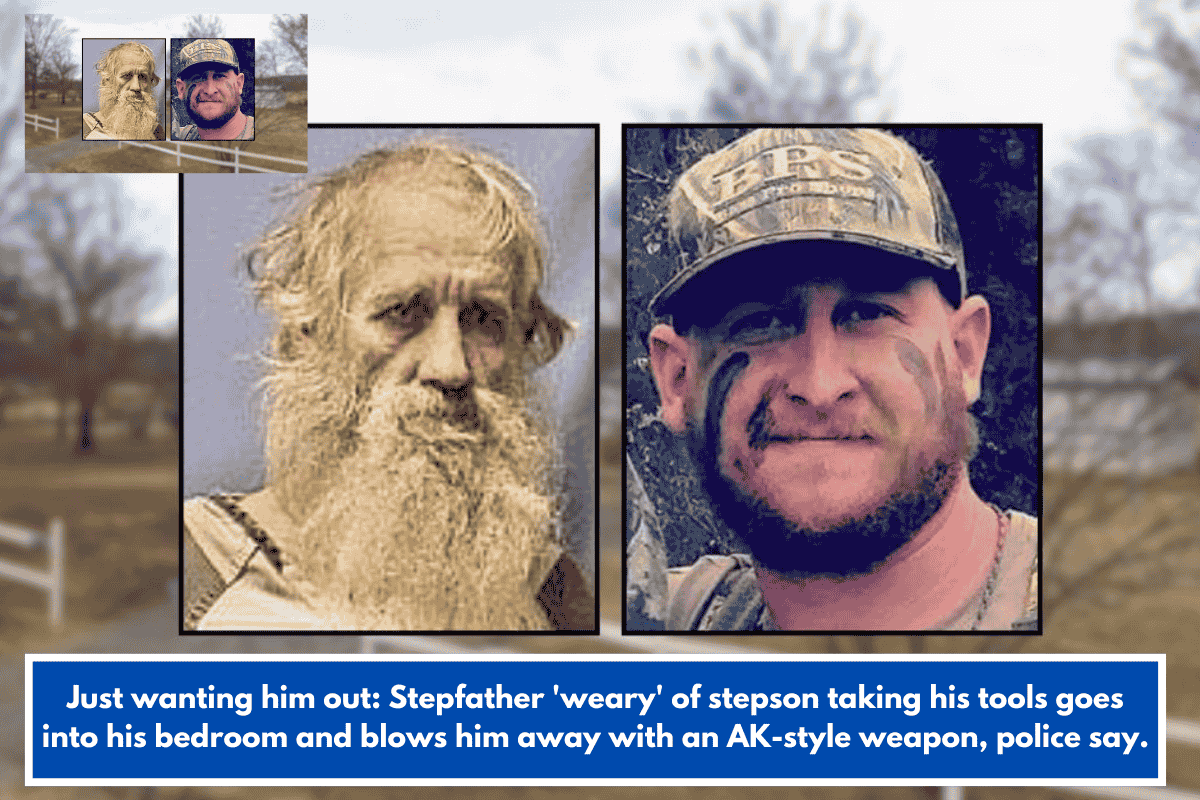Colorado law allows broad ownership and carry of pocket knives, but with important restrictions based on blade length, method of carry (open vs. concealed), location, and local ordinances.
Definition and General Rules
- A “knife” under Colorado law is generally defined as any instrument with a blade over 3.5 inches capable of inflicting cutting, stabbing, or tearing wounds, but does not include hunting or fishing knives carried for sports use.
- Pocket knives and folding knives with blades shorter than 3.5 inches are legal to own and carry, both openly and concealed, for most adults.
Carrying Pocket Knives: Open vs. Concealed
| Carry Type | Blade Length Limit | General Rule | Notable Exceptions/Details |
|---|---|---|---|
| Open Carry | No state limit* | Most knives, including pocket knives, can be openly carried. | Local ordinances may impose stricter rules. |
| Concealed Carry | 3.5 inches | Concealed carry of knives with blades longer than 3.5 inches is illegal, except in your home, property, or business. | Hunting/fishing knives for sports use are exempt. |
*Open carry of knives with blades over 3.5 inches may be restricted in certain municipalities.
Prohibited Knives and Locations
- Ballistic knives are strictly illegal to own or carry anywhere in Colorado and are classified as a felony offense.
- Switchblades and gravity knives are legal statewide, but some cities (notably Denver) ban their possession or carry.
- All knives are banned from school property, regardless of blade length or type. Carrying a knife at a school is a felony.
Local Variations
Colorado municipalities can enact their own knife laws, which may be stricter than state law. For example:
- Denver: Bans switchblades and gravity knives entirely.
- Boulder and Aurora: Have specific ordinances regarding knife carry and use in public spaces.
Always check local laws before carrying a knife in a new city or county.
Penalties for Violations
- Concealed carry of a knife with a blade over 3.5 inches (outside of exceptions): Class 1 misdemeanor, punishable by up to 364 days in jail and/or a $1,000 fine.
- Possession of a ballistic knife: Class 5 felony (1–3 years in prison, $1,000–$100,000 fine); second offense is a Class 4 felony.
- Knife possession on school property: Class 6 felony (1–18 years in prison, $1,000–$100,000 fine).
Exceptions and Defenses
- Carrying a knife for hunting or fishing is generally exempt from blade length restrictions, provided it is for sports use.
- Law enforcement officers and military personnel acting in the line of duty are also exempt from certain restrictions.
Practical Guidance
- You may openly carry most pocket knives in Colorado, but for concealed carry, the blade must be 3.5 inches or shorter unless you fall under a specific exemption.
- Always check local ordinances, especially in major cities, as they may have additional restrictions.
- Never carry any knife onto school property, regardless of its size or intended use.
Summary Table: Pocket Knife Legality in Colorado
| Scenario | Legal? | Notes |
|---|---|---|
| Open carry, blade ≤ 3.5 inches | Yes | Legal statewide, but check local laws |
| Open carry, blade > 3.5 inches | Yes* | Legal under state law, but may be restricted locally |
| Concealed carry, blade ≤ 3.5 inches | Yes | Legal statewide |
| Concealed carry, blade > 3.5 inches | No | Illegal except at home, business, or for hunting/fishing use |
| On school property | No | All knives banned |
| Ballistic knives | No | Illegal statewide |
| Switchblades/gravity knives | Yes* | Legal under state law, but banned in some cities (e.g., Denver) |
*Subject to local ordinances.
Key Takeaways
- Pocket knives with blades 3.5 inches or shorter are generally legal to carry openly or concealed in Colorado.
- Concealed carry of longer blades is prohibited except in specific circumstances.
- Ballistic knives are always illegal; switchblades and gravity knives are legal except where banned locally.
- Always check city or county rules before carrying a knife, and never bring any knife onto school grounds.














